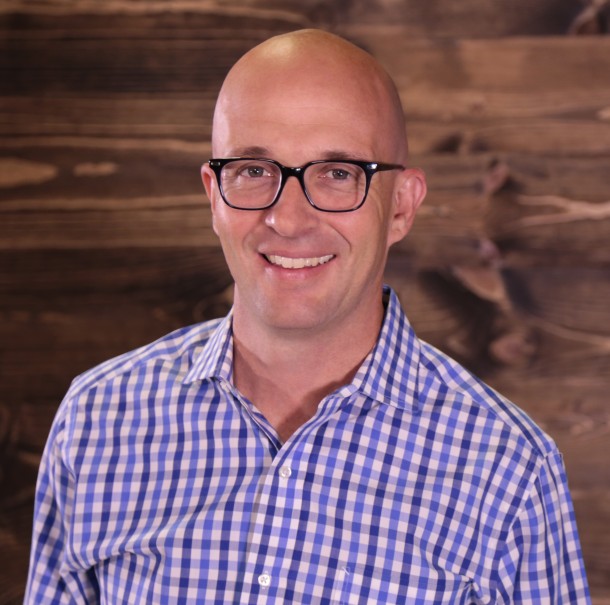Leadership Blind Spot Automation

It beeps. It lights up. It creates awareness that your casual over-the-shoulder look can’t achieve. Vehicles have come a long way in blind spot technology.
It use to require a head turn of some seventy-five degrees. Then manufactures made the mini-mirrors to be added to your side view mirror. And now, automated blind spot checkers.
I doubt most of us have kept progressing in our leadership blind spot technology as much as vehicle manufactures have for their cars. In fact, as we’ve gone further in our leadership, our blind spots may have been ignored and probably gotten larger.
Because we’re the “leader,” the person riding shotgun with us may feel less freedom to warn us of our blind spots. And because we’re the “boss,” our ego may prohibit us from asking for input.
We feel like we have so much experience, we can just sense our blind spots. “Surely I’m self-aware enough, right?” Yet, the more longevity and leadership success we have means we might’ve broadened the width of our blind spots.
For these reasons, we need more sophisticated blind spot checking.
Blind Spot Automation
Awareness
It begins with admitting you have a problem. “Hi, my name is Brian, and I know I have leadership blind spots.” If you struggle to say that, well, you’ve definitely got blind spots. They could be significant blind spots like character or competency. Usually though, they’re areas that didn’t use to be a problem, but over time without intentionality, the blind spot has become a reality. Are you aware you have blind spots? Can your self-awareness skills identify them?
Ask
No matter how self-aware you may be, you’ll still need a second opinion. And that means you’ll have to ask others. And when you do, ask with assumption these blind spots do in fact exist. Your inquiry shouldn’t be, “Do I have any blind spots?” But should be more like, “I realize I have some leadership blind spots. What are a couple areas you’ve seen where I’m most likely to be susceptible?”
Just assuming they exist and framing it in a way that gives the person permission to answer candidly without feeling like they’re attacking you will go a long way in getting useful feedback.
Assessments
Personality assessments are not perfect, but they can be a tool for many things, especially in forecasting leadership blind spots.
In the most recent personality assessment I took, its results reminded me of some areas that are square in my blind spot. But there were some results that were new to me. For example, one note mentioned, “[Brian] may rely too much on past experience.” I’d never considered this before, but because I became aware of this possibility, I was able to investigate. If you haven’t used a personality assessment, I encourage you to find a free or affordable one and see if it will create awareness for you.
Accountability
Who, without you asking for it, can make you aware of your leadership blind spots? Who have you given permission to be a “back seat driver” and let you know when you’re merging into an area that could cause a wreck?
You’re a leader. You get things done. You care about others. But a leader who cares about those they lead will make sure at least one of the things you get done is identifying and eliminating your leadership blind spots.

Get Posts Delivered to Your Inbox
Join my mailing list to receive all my blog posts in your inbox and other special subscriber-only content.
